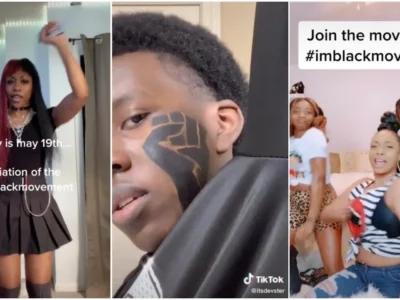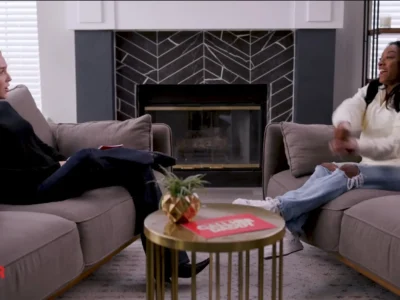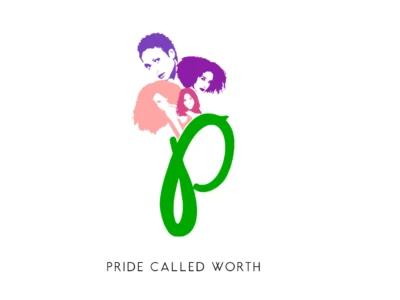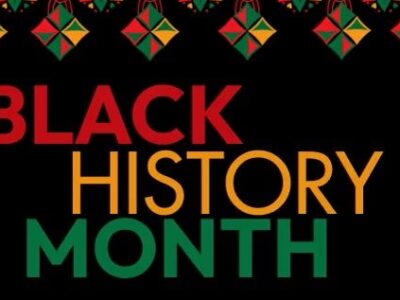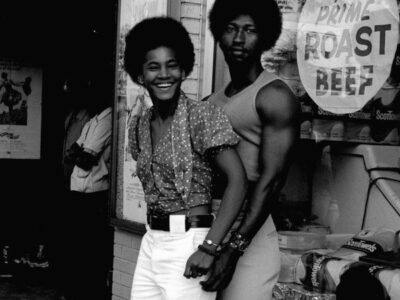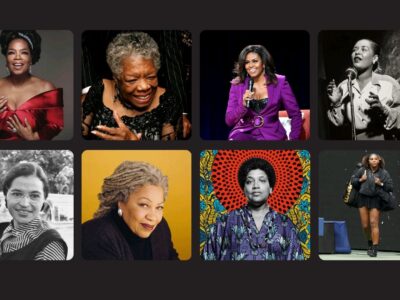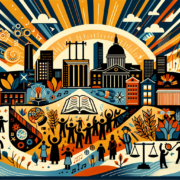Generation Black TV - Live
--- Main Blog Content Below ---
Black Muslims are a diverse and vibrant community that has helped shape the social, cultural, and religious environment of America and beyond. They have encountered numerous problems and possibilities throughout their journeys of faith, culture, and identity. Their stories are rich and diverse, reflecting their individual viewpoints and experiences.
Storytelling is one way that black Muslim voices are heard and amplified. Storytelling is an effective way to share personal histories, make connections, and encourage understanding. It is also a means of conserving and commemorating Black Muslim history and tradition, as well as motivating and empowering future generations.
Below Are Few Examples Of Black Muslim Storytellers:
[Muslim Youth Voices, PBS], an initiative that tells the tales of young American Muslims through short films. The project’s goal is to challenge prejudices and encourage diversity and inclusiveness. One of the films, “Black Muslim Woman,” depicts a young woman who discusses her hardships and joys as a Black Muslim woman in America.

[5 Young Black Muslim Poets Whose Words Add Layers To The Culture, Blavity], a feature on five poets who use their words to communicate their faith, culture, and identity. The poets include Aisha Sharif, Safia Elhillo, Amir Sulaiman, Fatimah Asghar, and Warsan Shire. Their poems explore themes such as racism, Islamophobia, love, family, and diaspora.
[Islamophobia and Black American Muslims, HuffPost Voices], a blog piece that examines how Islamophobia affects Black American Muslims, who encounter both anti-Blackness and anti-Muslim attitudes. The essay contends that the erasure of Black Muslim voices hinders attempts to address Islamophobia and advocates for increased representation and inclusion of Black Muslims in the media and society.
[Muslim Voices in America: The Making of a Modern Music Scene, asiasociety.org] is an article that examines the impact of Islam on American musical culture from the slave era to the present. The article demonstrates how black Muslim artists have drawn inspiration from a variety of sources, including their African history, Islamic beliefs, and current situations. The piece also demonstrates how black Muslim artists have used their music to advocate for social justice and activism.

[African American Muslims, Harvard.edu], a website that explores the history and variety of black Muslims in America. The page discusses the beginnings of Islam among African slaves, the rise of Black Muslim movements, the involvement of Black Muslims in the civil rights struggle, and the current difficulties and prospects for Black Muslims in America.
These are just a few examples of how black Muslim speakers share their tales of faith, culture, and identity. Sharing their tales allows them to not only challenge prejudices and celebrate diversity, but also create and contribute to their communities’ artistic and cultural expression. They are black Muslim voices, and they are making an impact.
By: Rowland Obiosah
For latest updates Download P+us app available on Google App Store


